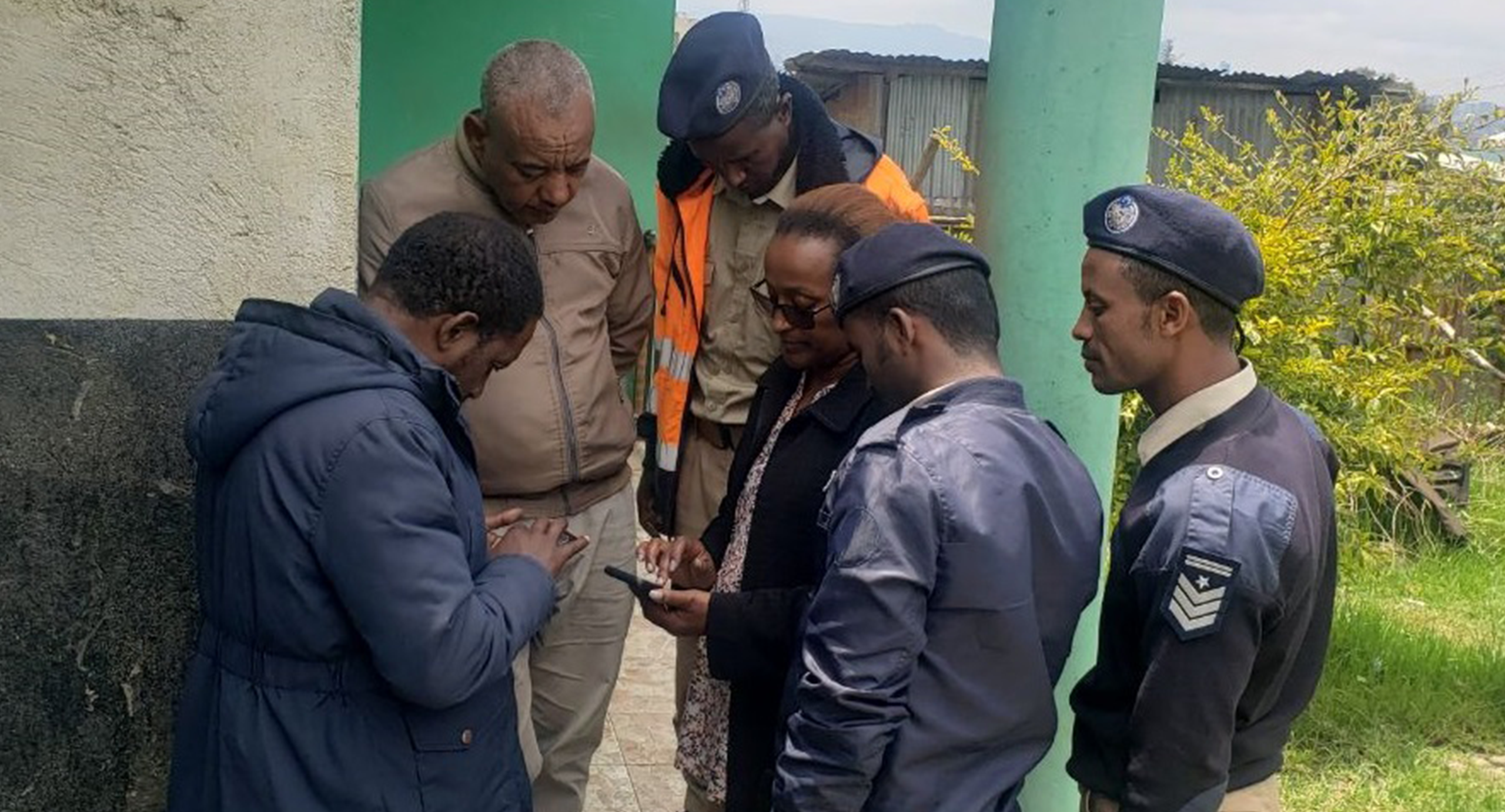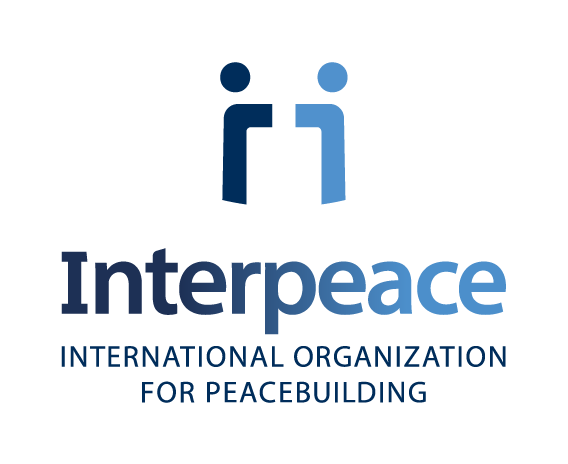Building trust between citizens and the police in Ethiopia


“I have been living in this neighbourhood for more than three decades. This was the first time we had active and genuine discussions with the local police about local peace. We had a strained relationship with the police in general and the local police in particular. Police officers used to visit our neighbourhood either to make an arrest or spy on us. They used to label our community as a den of thieves and bad people and so they were suspicious towards us all. In fact, we weren’t comfortable seeing police officers in our neighbourhood. However, things in our neighbourhood are getting much better since this programme began. When I was first invited to attend a police-community dialogue session, I thought it was a joke and took little interest. But Interpeace was very good at cultivating genuine discussions with the local police about major concerns in our woreda (district). We now sit with the local police to discuss local peace. This is a big step forward in terms of nurturing a positive relationship with the police.” (Solomon [pseudonym], community representative.)
Building trust between citizens and the police in Ethiopia
Ethiopia has been on a path of significant social, economic, and political transformation. Simultaneously, the country has experienced a devastating civil war that has displaced millions, cost countless lives, and caused a significant rift in Ethiopia’s federal structure and ethnic fabric.
Despite these conflicts, numerous government and non-government initiatives are taking place to improve community and State relations, address community needs, and reform institutions. Around the end of 2020, Ethiopia’s Ministry of Peace presented a progressive new policing doctrine, which pledged that the federal and regional police would submit to stronger public oversight, improve respect for diversity, and uphold international standards.
In Ethiopia, the Police Department was solely responsible for identifying, prioritising and addressing community problems at grassroots level; citizens had no voice in the police service. This strained police-community relations and ultimately caused mistrust between citizens and the Police Department. In 2022, in partnership with the Ethiopia Police University, Interpeace launched a trust building programme involving citizens and the police to realise the progressive commitments set out in the Ethiopia Police Doctrine.
Interpeace’s trust-building programme in Addis Ababa has increased the active involvement of communities on at least two major fronts. First, through police-community dialogue sessions, local police departments started to understand that peace is a collective endeavour that demands active and meaningful participation from citizens and community groups. In addition, the police recognised that local communities have resources that can promote peace at local level. Accordingly, local police officers have started to work with citizens and community groups to identify, prioritise and solve community concerns. Second, the programme introduced scientific problem-solving approaches that enabled communities and the police to apply GIS technology to identify and locate crime hotspots.

As a facilitator, Interpeace helped to establish dialogues that allowed representatives of the community and the police to explore and resolve community problems that strained police-community relations. To build capacity, Interpeace trained numerous community groups and police officers in relevant skills. The trainings helped both sides to realise the importance of teamwork and collective action.
“I have been living in this neighbourhood for more than three decades. This was the first time we had active and genuine discussions with the local police about local peace. We had a strained relationship with the police in general and the local police in particular. Police officers used to visit our neighbourhood either to make an arrest or spy on us. They used to label our community as a den of thieves and bad people and so they were suspicious towards us all. In fact, we weren’t comfortable seeing police officers in our neighbourhood. However, things in our neighbourhood are getting much better since this programme began. When I was first invited to attend a police-community dialogue session, I thought it was a joke and took little interest. But Interpeace was very good at cultivating genuine discussions with the local police about major concerns in our woreda (district). We now sit with the local police to discuss local peace. This is a big step forward in terms of nurturing a positive relationship with the police.” (Solomon [pseudonym], community representative.)
